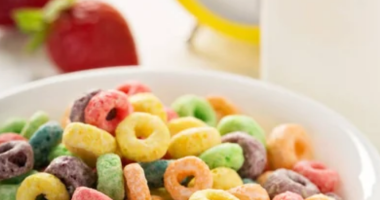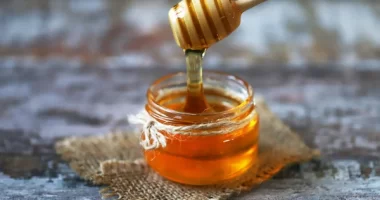Low-fat protein refers to protein sources that are low in saturated and trans fats. Low-fat protein is needed for several reasons, including its role in supporting muscle building, weight management, and overall health. Protein is essential for building and repairing tissues, and it also helps to keep you feeling full, which can aid in weight management. Low-fat protein sources are beneficial because they provide the necessary protein with reduced saturated and trans fats, which can contribute to heart disease and other health issues. Additionally, consuming low-fat protein can help individuals achieve a more toned and defined body, making it a popular choice for those interested in weight loss or muscle building. Here are 5 healthy low-fat protein foods to add to your diet menu.
5 Low Fat Protein Foods
1. Skinless chicken breast: A 3-ounce serving of skinless, boneless chicken breast contains about 26 grams of protein and only 3 grams of fat. It’s also a good source of niacin, vitamin B6, and phosphorus. You can grill, bake, or poach chicken breast, and add it to salads, sandwiches, or stir-fries.
2. Greek yogurt: A 6-ounce container of plain Greek yogurt contains about 20 grams of protein and only 0-2 grams of fat. It’s also a good source of calcium, potassium, and probiotics. You can eat Greek yogurt on its own, or use it as a topping for fruit, granola, or vegetables.
3. Lentils: A 1-cup serving of cooked lentils contains about 18 grams of protein and only 1 gram of fat. They’re also a good source of fiber, folate, and iron. You can add lentils to soups, stews, salads, or use them as a meat substitute.
4. Tofu: A 3-ounce serving of tofu contains about 8 grams of protein and only 1 gram of fat. It’s also a good source of calcium, iron, and manganese. You can marinate and grill tofu, scramble it like eggs, or use it in stir-fries.
5. Salmon: A 3-ounce serving of cooked salmon contains about 20 grams of protein and only 5 grams of fat. It’s also a good source of omega-3 fatty acids, vitamin D, and selenium. You can grill, bake, or poach salmon, and add it to salads, sandwiches, or pasta dishes.
These are just a few examples, and there are many other low-fat protein foods that you can add to your diet. Be sure to talk to your doctor or a registered dietitian to create a personalized meal plan that meets your individual needs.
ALSO READ: Fat: Types, Food Sources, Health Benefits And Side Effects
How much fat should you consume daily?
The amount of fat an individual should consume daily is recommended to be limited to 20 to 35 percent of total daily calories, according to the 2015-2020 Dietary Guidelines for Americans. Generally, the recommended daily calorie intake is 2,000 calories a day for women and 2,500 for men, but this can vary depending on age, metabolism, and levels of physical activity. Additionally, the American Heart Association suggests that only 5-6% of fat intake should be saturated. The World Health Organization (WHO) reaffirms that adults should limit total fat intake to 30% of total energy intake or less, with the fat consumed being primarily unsaturated fatty acids.
How much protein should you consume daily?
The amount of protein an individual should consume daily can vary based on factors such as age, gender, and activity level. However, general recommendations include:
The Recommended Dietary Allowance (RDA) for protein is 0.8 grams per kilogram of body weight, or about 0.36 grams per pound for the average sedentary adult. For those who lift weights or do strength training, the recommended daily protein intake is 1.2 to 1.7 grams per kilogram of body weight. General recommendations are to consume 15–30 grams of protein at each meal, and anywhere from 10% to 35% of your calories should come from protein. To put these recommendations into perspective, a 150-pound adult would need about 54 grams of protein per day.
Don’t Miss: Should You Drink Protein Shakes On Non-Workout Days?









